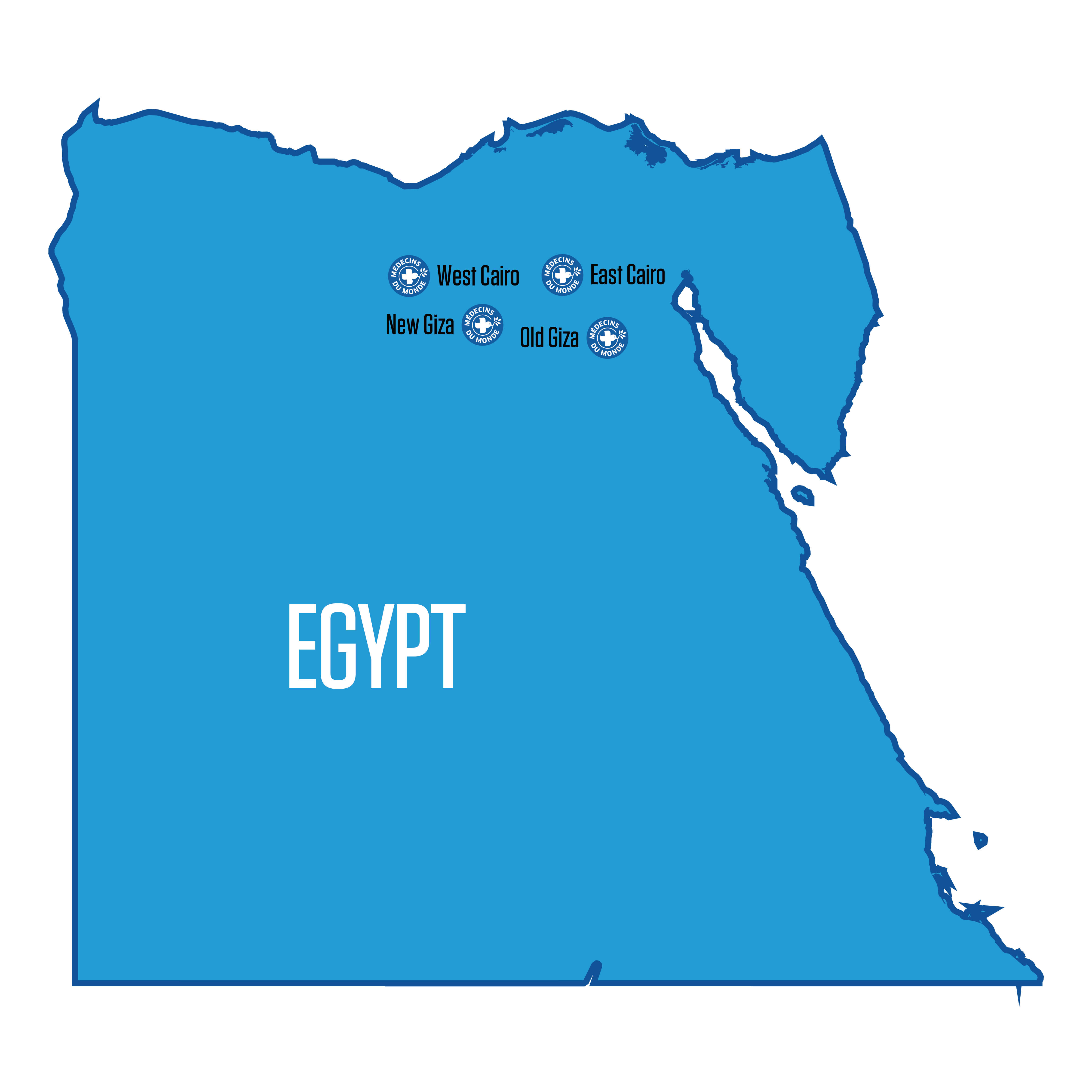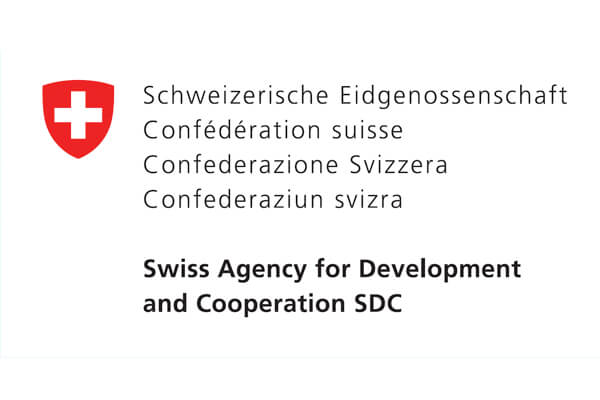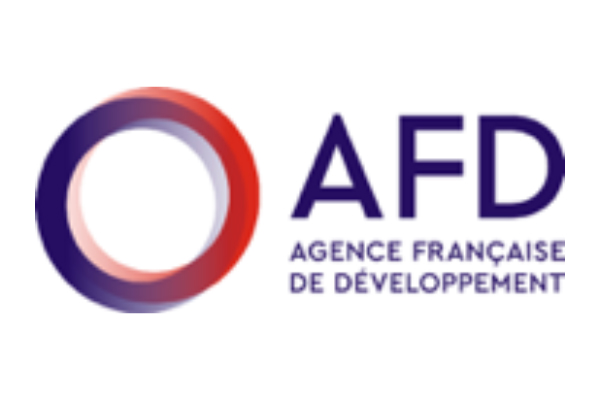Context
Egypt hosts thousands of refugees and asylum seekers. The Egyptian Mediterranean coast has become an important departure point to Europe. Among the factors behind the increased movement to Europe, refugees and migrants have indicated the loss of hope, high cost of living leading to deepening poverty, deteriorated psychological and medical conditions, limited livelihood and education opportunities and aid shortfalls. Despite mainstreaming strategy to integrate Syrian refugees into the public health system, these protocols are not fully implemented for all refugees and access to free quality healthcare remains an issue for them. According to MdM assessment conduct at the end of 2016, stigma and discrimination particularly affect African refugees and migrants who are not always welcomed in a professional manner by health practitioners. They have very slim chances to ever access mental health services given the negative cultural connotations and associated stigma.
Mental health and psychiatric services lack appropriate funding on different levels of healthcare and enough numbers of trained competent personnel. However, the tendency now goes towards the integration of mental health into primary health care to ensure its availability for population, as per WHO strategy and Egypt’s 2030 vision.
MdM assessment affirmed the increasing need to enhancing mental health and psychosocial services for refugees and migrants. Depression, anxiety, schizophrenia and post-traumatic stress disorder (PTSD) are most reported mental health disorders.
Location

Our response
MdM is currently implementing a three-year project, entitled “provision of mental health and psychosocial support to refugees, migrants and host communities in Greater Cairo”. It is a continuation of the previous program (2014-2017).The ongoing program is implemented through close collaboration with the Ministry of Health, according to a signed protocol with MdM. The program particularly supports the Ministry’s efforts in integrating mental health services into primary health care, on one hand and to assure equitable access to all, especially refugees and migrants, on the other hand. Program’s operations focus on 12 PHCs that target Syrian and African refugees, supporting WHO/MoH partnership for the provision of MHPSS training, specifically in: East Cairo, West Cairo, New Giza and Old Giza. NGOs working with refugees and migrants are also targeted in the project. The program aims at:
- Integration of mental health in primary care for PHCC to provide early detection, treatment and management of common health disorders; and refer people with complex and/or severe mental health disorders to secondary services, yet to be followed by the PHCC to guarantee positive health outcomes
- Consolidation of community based MHPSS to strengthen community cohesion, support and resilience, with the aim of preventing psychosocial distress and supporting psychosocial well-being through early detection and needed referrals
- Capacity building of civil society providing services to refugees and migrants to provide necessary and tailored psychosocial support
The program is composed of three main axes:
- Enhancing the target groups access to quality mental health in 12 Primary Heath Care (PHCs)
- Consolidating access to community based MHPSS services
- Improving the capacities of local NGO supporting refugees and migrants
Current partners
- Watan
- Etijah
Current Institutional partners:
Local authorities concerned with the program thematic area directly and indirectly are, as follows:
- The General Secretariat of Mental Health, Ministry of Health
- The Central Administration of Integrative Health Cairo- Primary Health Care Sector, Ministry of Health.
- Disability Prevention Department, Ministry of Health

